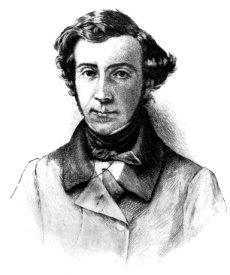The Age of Longing by Arthur Koestler
—-
Why has the western world shown such loss of will in defending itself from radical Islamic terrorism? Why, indeed, do substantial numbers of people–particularly those who view themselves as intellectuals–endlessly make excuses for dictatorships and terrorist movements whose values are completely at odds with their own stated values–and even romanticize these goons? I think some clues can be found in a forgotten novel by Arthur Koestler.
The Age of Longing (published in 1950) is set in Paris, “sometime in the 1950s,” in a world in which France–indeed all of western Europe–is facing the very real possibility of a Soviet invasion. Hydie Anderson, the protagonist, is a young American woman living in Paris with her father, a military attache. Hydie was a devout Catholic during her teens, but has lost her faith. She was briefly married, and has had several relationships with men, but in none of them has she found either physical or emotional satisfaction…she describes her life with a phrase from T S Eliot: “frigid purgatorial fires,” and she longs for a sense of connection:
Hydie sipped at her glass. Here was another man living in his own portable glass cage. Most people she knew did. Each one inside a kind of invisible telephone box. They did not talk to you directly but through a wire. Their voices came through distorted and mostly they talked to the wrong number, even when they lay in bed with you. And yet her craving to smash the glass between the cages had come back again. If cafes were the home of those who had lost their country, bed was the sanctuary of those who had lost their faith.
 As late as 1997 a
As late as 1997 a 